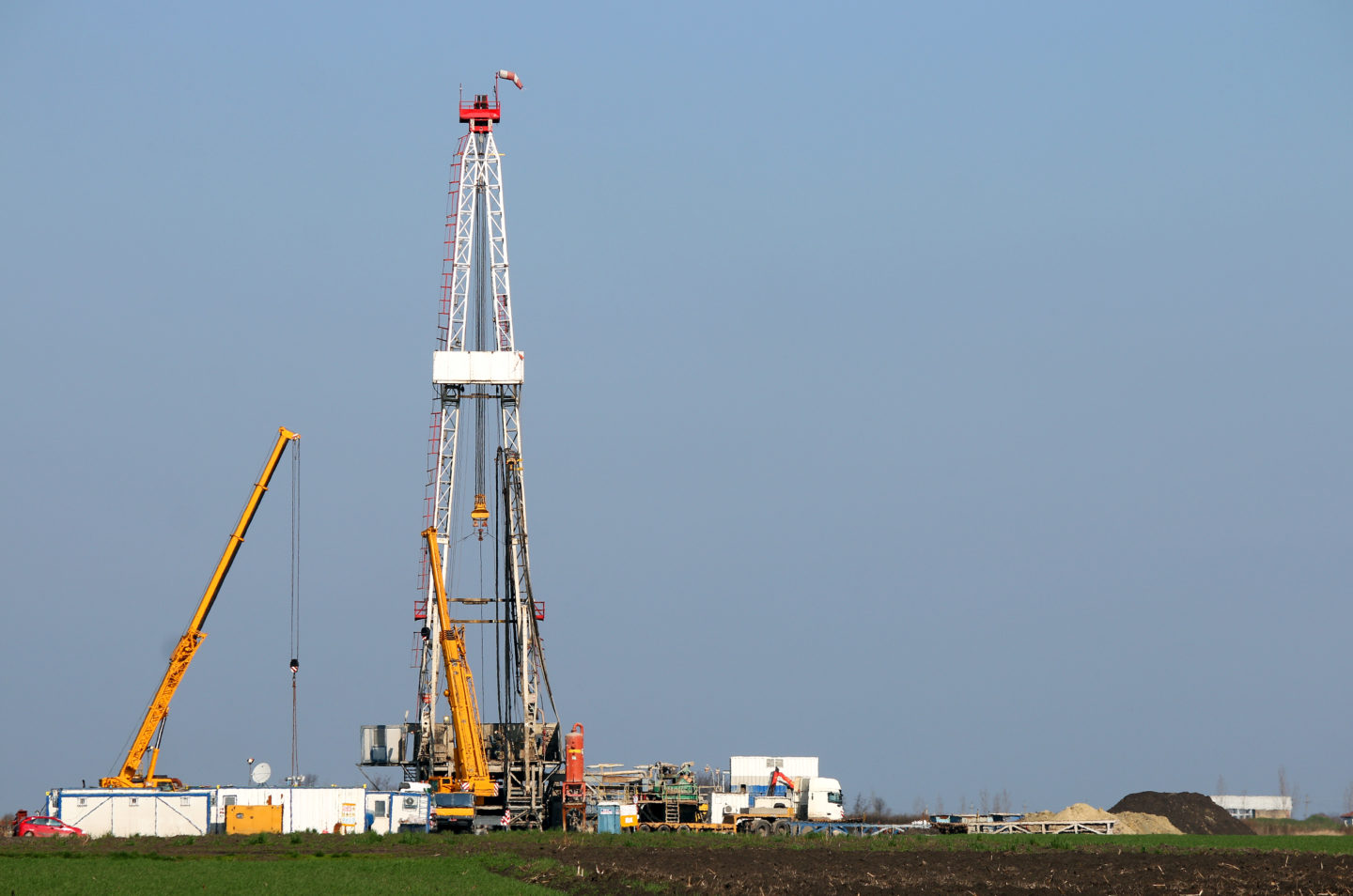A bid by the Grangemouth petrochemical giant, Ineos, to sue the Scottish Government for multi-million pound damages for banning fracking has been rejected by the Court of Session.
Judge Lord Pentland has ruled that there is no legally enforceable ban but only “emerging policy” against fracking. Hence Ineos’s petition for a judicial review failed, he said.
The judge also criticised Scottish Ministers for making “mistaken” suggestions that there was an “effective ban” on fracking for underground shale gas.
“The petition is predicated on the proposition that the Scottish Government has introduced an unlawful prohibition against fracking in Scotland,” concluded Pentland’s judgement.
“Whilst acknowledging that there have been a number of ministerial statements to the effect that there is an effective ban, the Lord Advocate, on behalf of the Scottish Ministers, made it clear to the court that such statements were mistaken and did not accurately reflect the legal position.”
The judgement continued: “The stance of the Scottish Government before the court is that there is no legally enforceable prohibition. For the reasons set out in this judgment, I consider that the government’s legal position is soundly based and that there is indeed no prohibition against fracking in force at the present time.
“What exists at present is an emerging and unfinalised planning policy expressing no support on the part of the Scottish Government for the development or extraction of UOG in Scotland. The process of policy development is not yet complete; the important stages of a strategic environmental assessment and a business and regulatory impact assessment have still to be carried out.
“There is no basis on which the court should interfere with those procedures; the petitioners will have a full opportunity to contribute to and participate in them. I conclude that since there is no prohibition against fracking, the petitioners’ case is unfounded; their application for judicial review of the alleged ban must accordingly fail.”
Friends of the Earth Scotland, which made a formal intervention in the court case, was delighted at the outcome. “Today’s ruling will come as a huge relief to the thousands of people who have fought to stop fracking in Scotland, particularly those faced with the prospect of living near this dirty, damaging industry, said the environmental group’s head of campaigns, Mary Church.
“Ineos should listen to the people and parliament of Scotland who have made it clear that there is no support for fracking, and give up on its plans to trash the central belt and the climate.”
She added: “There is little doubt that a strategic environmental assessment will support a ban on fracking given the mountains of evidence about the risks of the unconventional oil and gas industry to our environment, climate and people’s health.
“We urge the Scottish Government to move forward with its decision making process on fracking as swiftly as possible and use the powers now available to them to legislate for a full ban, and draw a line under the issue of unconventional oil and gas extraction for good.”
Challenge to Ineos multi-million pound claim for fracking ban
The Scottish Government argued that the court verdict vindicated its extensive process of research and consultation.”Our preferred position is not to support unconventional oil and gas extraction in Scotland, and that position remains unchanged,” said energy minister, Paul Wheelhouse.
“I have repeatedly set out to parliament that we would undertake a Strategic Environmental Assessment (SEA) ahead of finalising that position and that approach has been endorsed by the overwhelming majority of the Scottish Parliament. The work to complete the SEA and a business and regulatory impact assessment is currently underway and the findings will be carefully considered.”
Wheelhouse insisted that a “moratorium” was in place which meant no local authority could grant planning permission and ministers would defer any decision on any planning application that did come forward until the policymaking process is completed. “The practical effect of the current moratorium and the policymaking process which is underway to finalise our position is that no fracking can take place in Scotland at this time,” he said.
According to Mark Ruskell MSP, the Scottish Greens’ energy spokesperson, Scotland didn’t want or need fracking. “This will be welcome relief for communities throughout Scotland concerned that Ineos, with the wealthiest person in the UK at the helm, was intending to overturn the democratic decision made by the Scottish Parliament,” he said.
“Unfortunately, this won’t be the last time big business throws its toys out the pram when they don’t get their own way. However, this shows that communities and action groups can win and must keep standing up to the corporations that so care little for our environmental and social wellbeing.”
Ineos, however, lambasted the Scottish Government for “getting it so wrong”, saying that business needed a “transparent environment” to encourage investment. “We are in the extraordinary position where a senior judge has effectively concluded that the Scottish Government did not know what it was doing,” said operations director for Ineos Shale, Tom Pickering.
“He has ruled that there is no fracking ban in Scotland. We are sure that this will be a surprise to all those who heard the First Minister and others repeatedly tell Holyrood the exact opposite. It is for MSPs to decide whether parliament was misled deliberately or simply through incompetence.”
He added: “If Scotland wants to be considered as a serious place to do business then it is imperative that government ministers can be taken at their word. We cannot have a situation where we need to go to court to find out what government policy is.”
This story was updated on 19 June 2018 as reactions became available.














